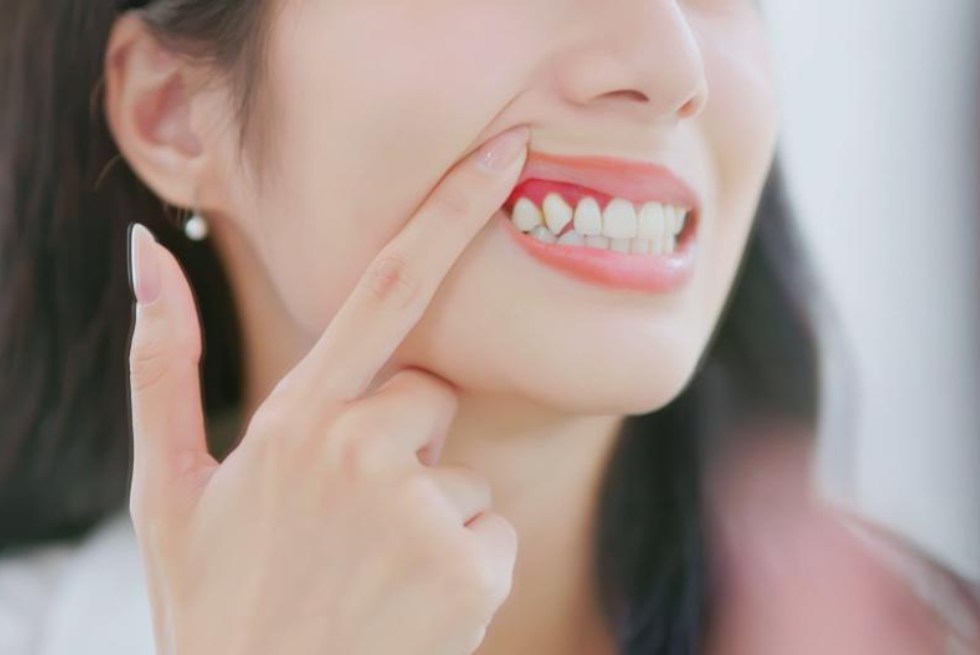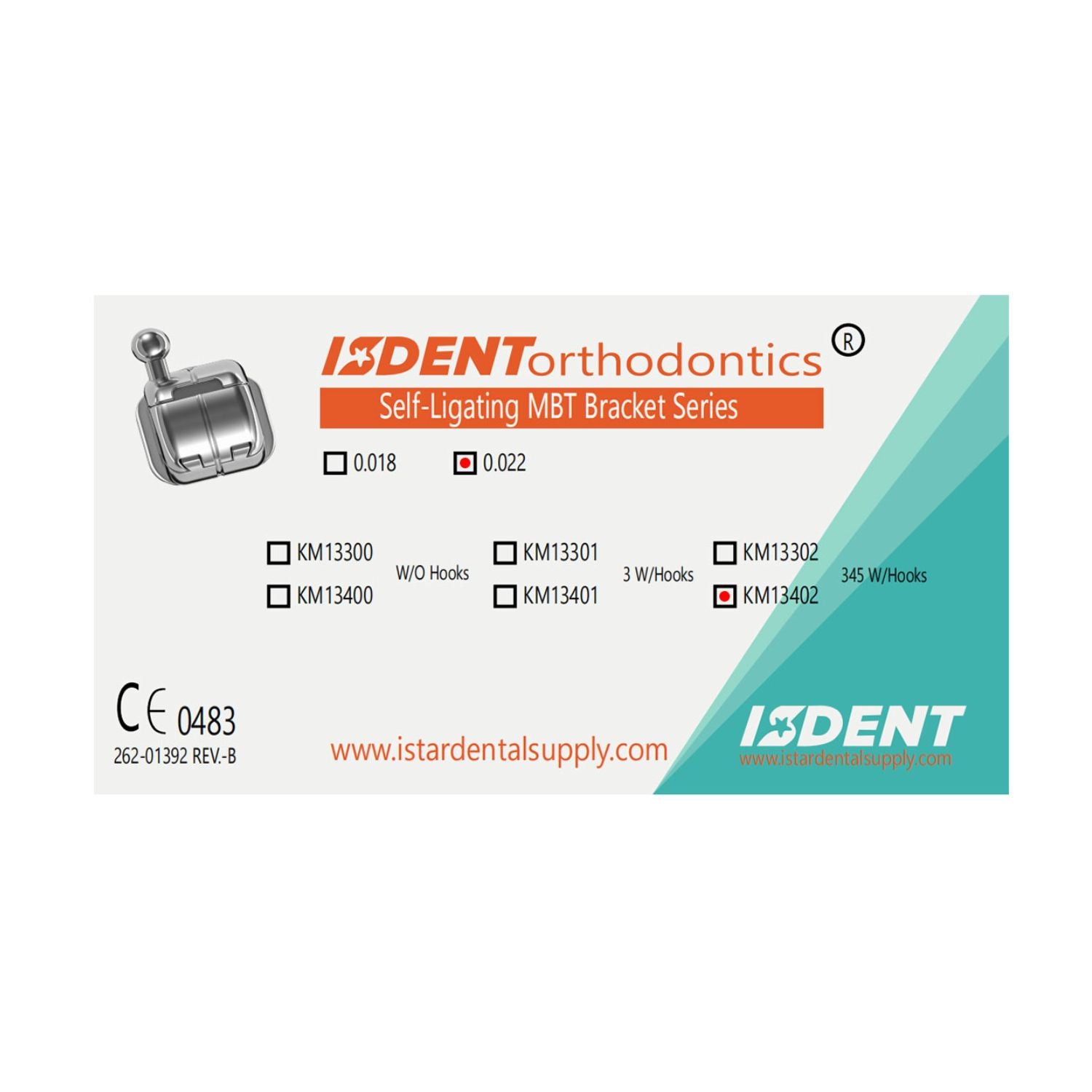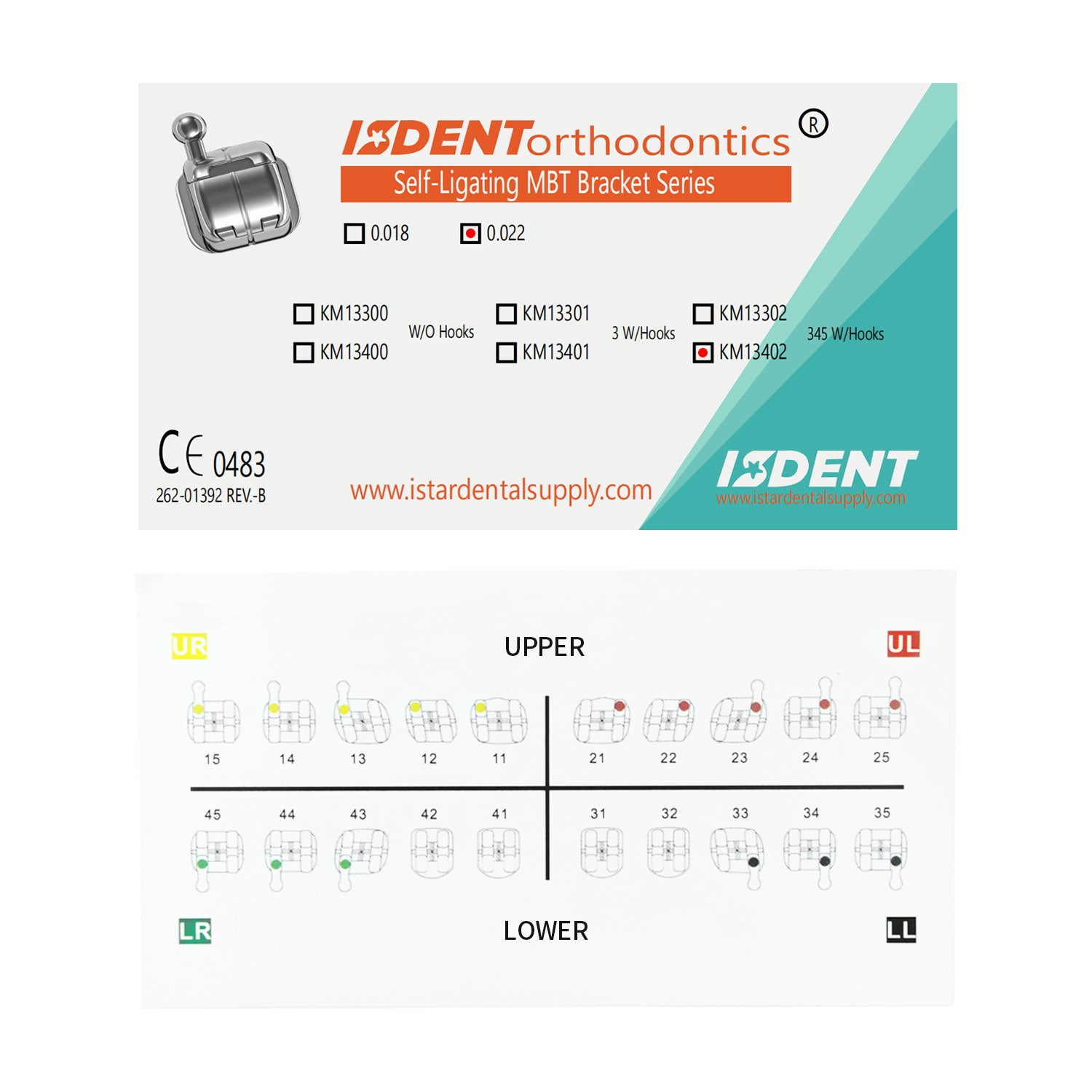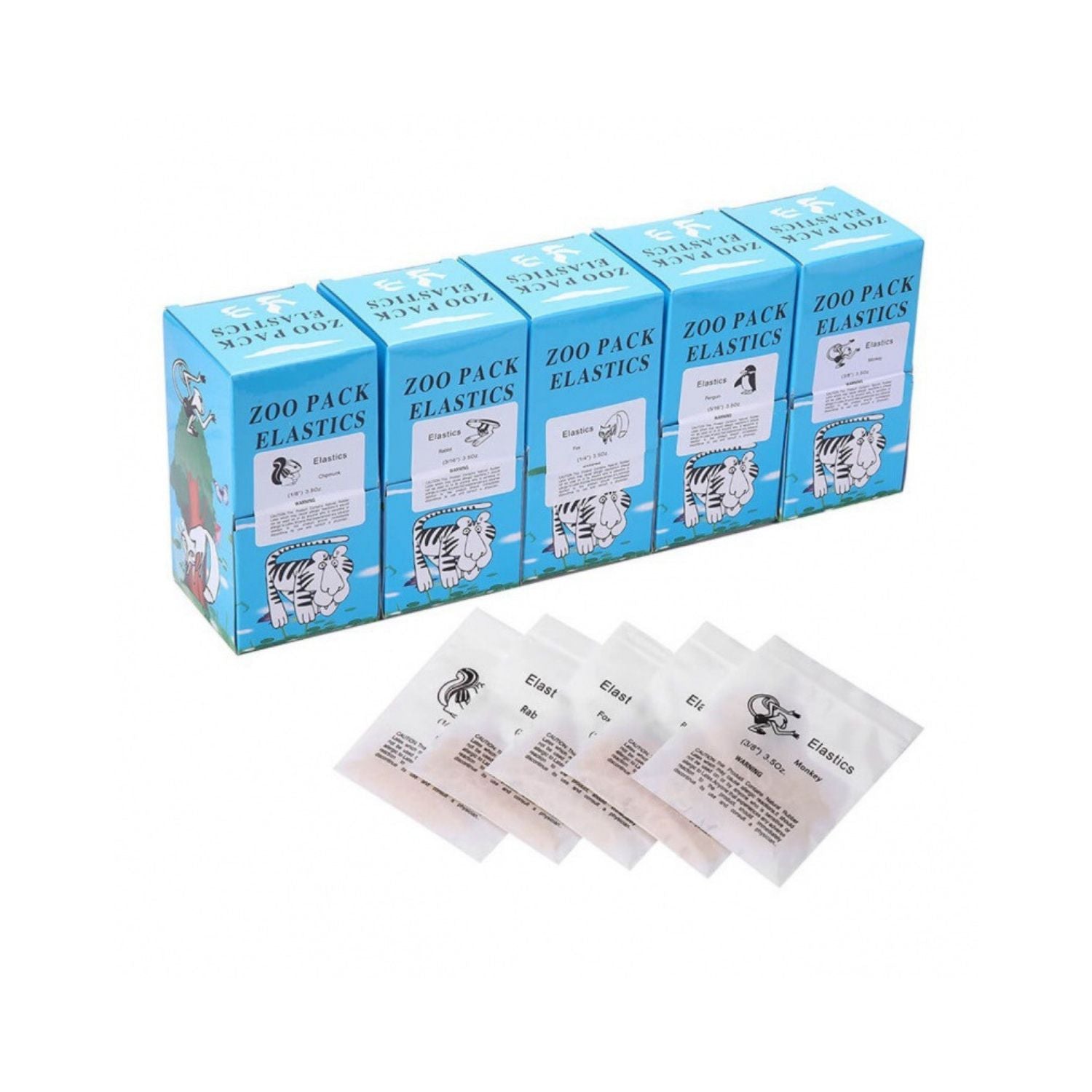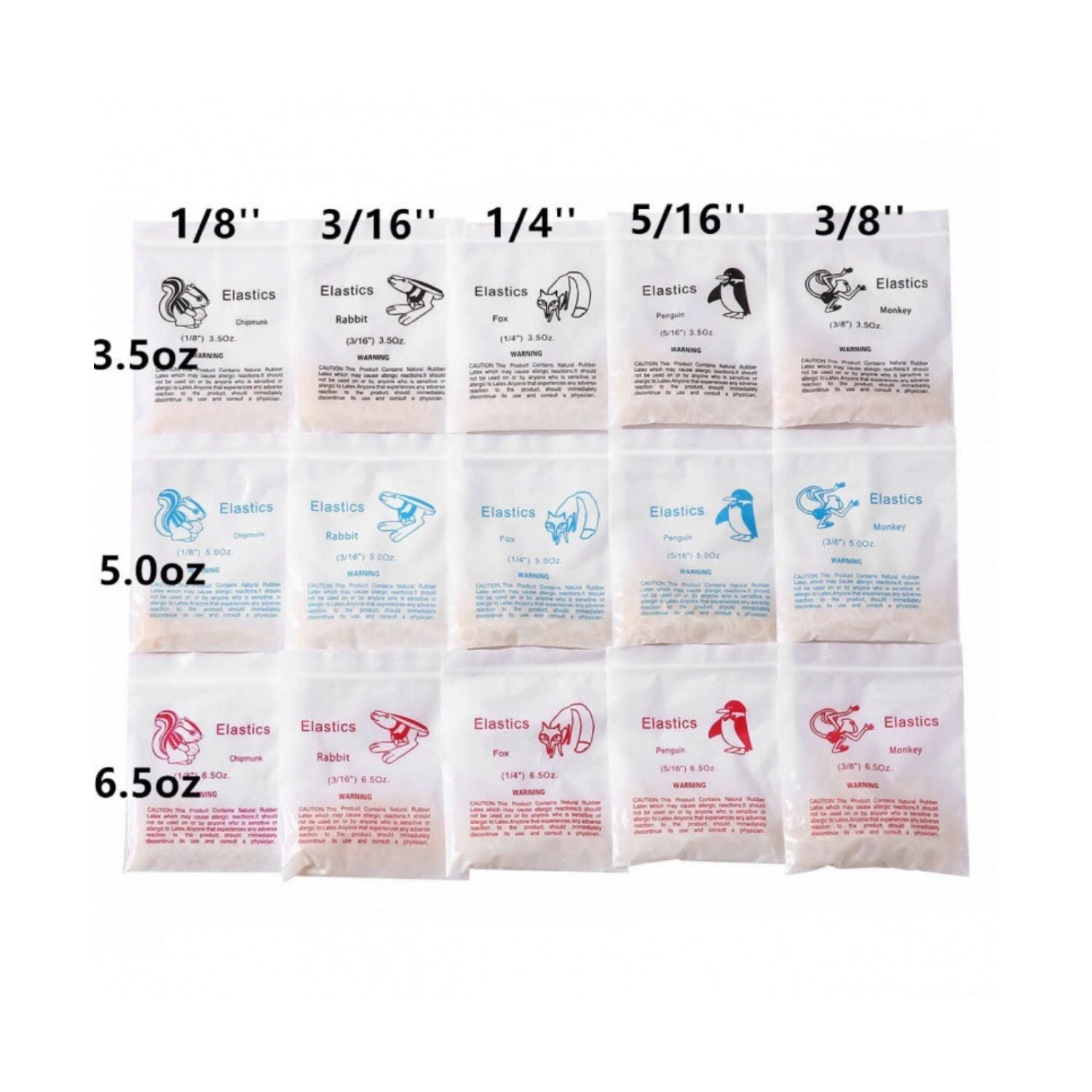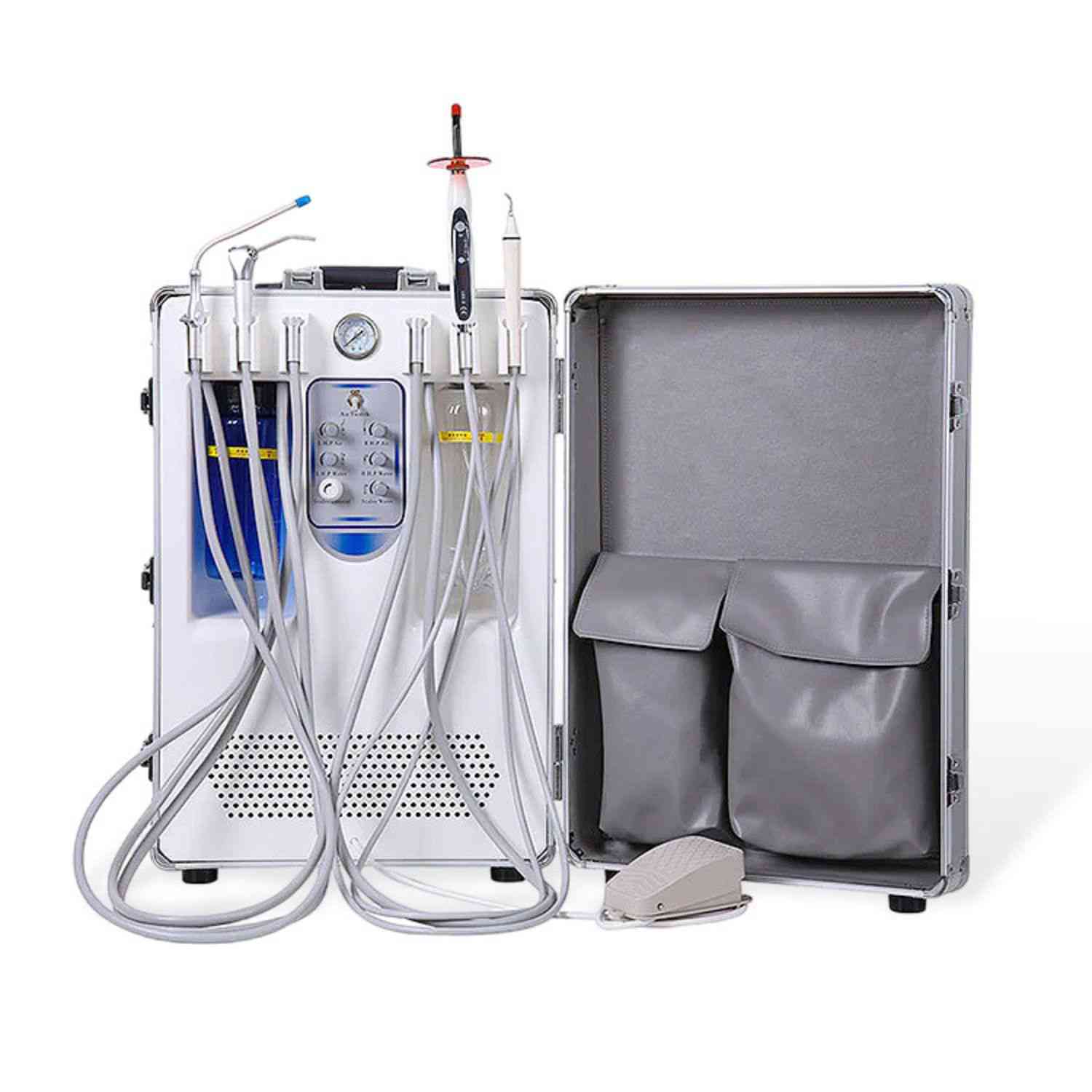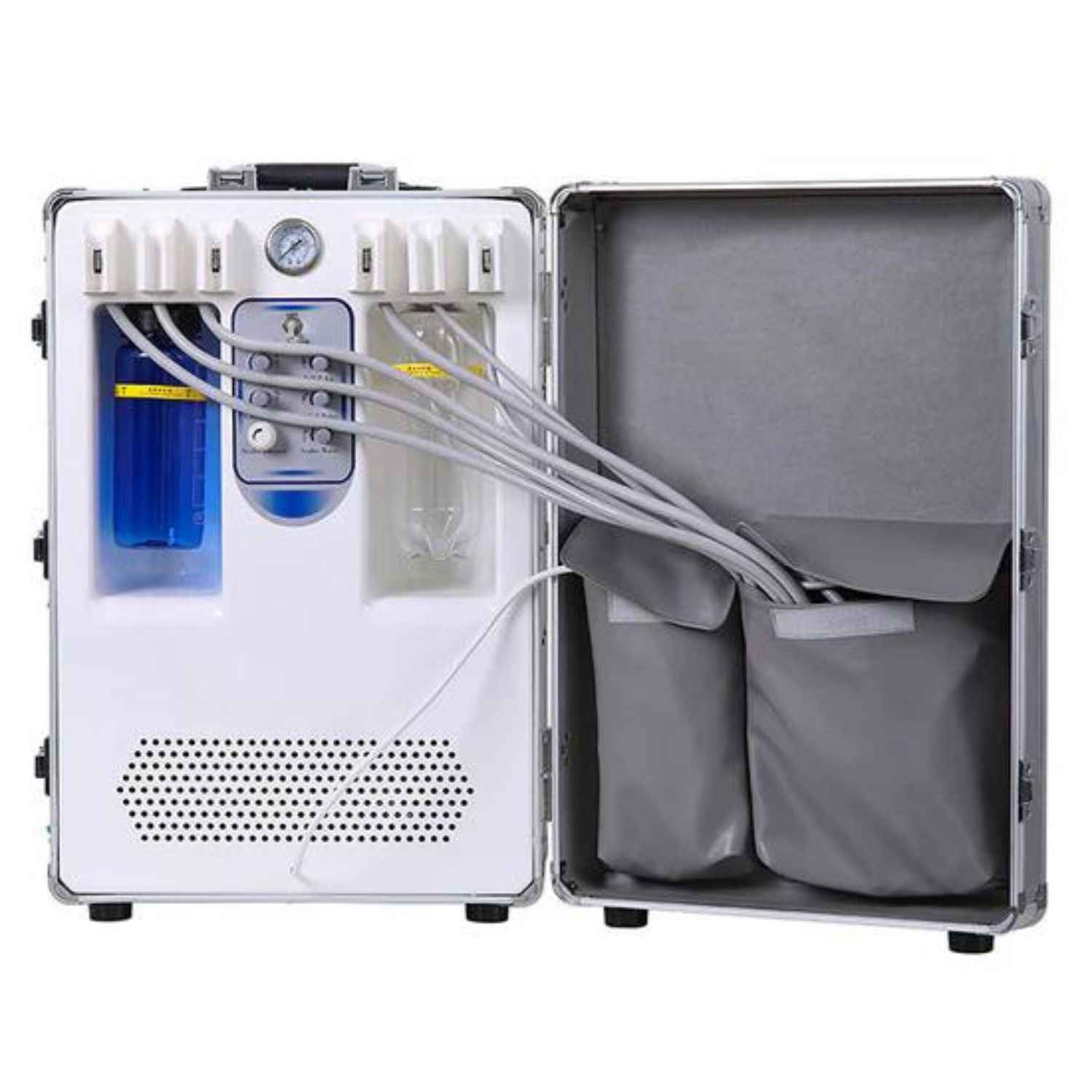How to Cure Gum Disease Without a Dentist
Are your gums red, swollen, or bleeding when you brush? You might have gum disease. Many people want to know if they can fix this problem at home. The good news is that early gum disease can often be treated without going to a dentist. Let's learn how you can fight gingivitis and improve your gum health using things you may already have at home.
Understanding Gum Disease Stages
Before trying home treatments, you need to know what kind of gum disease you have. There are two main types:
Gingivitis vs. Periodontitis
Gingivitis is the early stage of gum disease. Your gums might look red, feel puffy, or bleed when you brush. The good news: gingivitis can often be reversed with proper care at home.
Periodontitis is the advanced stage. This happens when gingivitis isn't treated. You might notice:
- Gums pulling away from teeth
- Loose teeth
- Constant bad breath
- Pain when chewing
- Pus between teeth and gums
If you have these signs, home remedies alone won't be enough. You'll need to visit a dental professional for proper cleaning and care.
7 Home Remedies to Treat Gum Disease
Studies show many home treatments can help with early gum disease. Here are seven ways to fight gingivitis without a dentist:
1. Saltwater Rinse
A simple saltwater rinse is one of the most effective home remedies. A six-week study found that daily saltwater rinses plus better brushing reduced gingivitis symptoms by 60% in 85% of people who tried it.
How to make a saltwater rinse:
- Mix ½ teaspoon of salt in a cup of warm water
- Swish for 30 seconds
- Spit out (don't swallow)
- Repeat 2-3 times daily
Saltwater reduces inflammation and helps kill bacteria in your mouth.
2. Baking Soda Paste
Baking soda is great for fighting plaque and neutralizing acids that cause gingivitis.
How to use baking soda:
- Mix 1 teaspoon baking soda with enough water to make a paste
- Brush gently along the gum line
- Rinse well
- Use only 2 times per week (using too often can damage enamel)
Studies in the Journal of Periodontology found that baking soda paste reduced plaque pH levels by 40% in just 2 weeks, helping slow gingivitis.
3. Turmeric Anti-Inflammatory Paste
Turmeric contains curcumin, which fights inflammation and kills bacteria.
How to make turmeric paste:
- Mix 1 teaspoon turmeric powder with enough water to make a paste
- Apply to gums with your finger or soft toothbrush
- Leave for 5 minutes
- Rinse well with water
- Use once daily
Some people using turmeric paste have seen less gum recession visibility in just 8 weeks.
4. Oil Pulling with Coconut Oil
Oil pulling is an ancient technique that pulls bacteria from your mouth.
How to oil pull:
- Put 1 tablespoon of coconut oil in your mouth
- Swish for 15-20 minutes (start with 5 minutes if 20 is too long)
- Spit into trash (not sink - it can clog pipes!)
- Rinse with warm water
- Brush as normal
National Institutes of Health research shows oil pulling reduced plaque-induced gingivitis by 50% in 60 days - similar to prescription mouthwash!
5. Hydrogen Peroxide Rinse
Hydrogen peroxide kills bacteria and helps heal gums.
How to use hydrogen peroxide:
- Mix equal parts 3% hydrogen peroxide and water
- Swish for 30 seconds
- Spit out completely
- Rinse well with plain water
- Use up to twice daily
Studies found people using 3% hydrogen peroxide rinses saw a 55% drop in gum bleeding within two weeks. Warning: Never use straight hydrogen peroxide - it must be diluted!
6. Cold Compress for Swelling
For quick relief from swollen gums:
- Wrap an ice cube in a thin cloth
- Hold against swollen area for 5 minutes
- Rest for 5 minutes
- Repeat as needed
Cold reduces blood flow to the area, which helps bring down swelling fast.
7. Green Tea or Chamomile Soaks
Tea contains compounds that fight inflammation and bacteria.
How to use tea for gums:
- Steep a tea bag in hot water
- Let it cool until warm (not hot)
- Press the tea bag gently against your gums
- Hold for 5 minutes
- Repeat 2-3 times daily
Research in the British Dental Journal found green tea reduced gum inflammation markers by 35% in mild cases.
| Remedy | Success Rate | Time to See Results | Best For |
|---|---|---|---|
| Saltwater Rinse | 85% improvement | 2-3 weeks | Bleeding gums |
| Baking Soda | 40% plaque reduction | 2 weeks | Neutralizing acids |
| Oil Pulling | 50% reduction in gingivitis | 8 weeks | Overall gum health |
| Hydrogen Peroxide | 55% less bleeding | 2 weeks | Killing bacteria |
| Green Tea | 35% less inflammation | 3-4 weeks | Reducing swelling |
| Turmeric Paste | 30% less visible recession | 8 weeks | Fighting inflammation |
| Cold Compress | Quick relief | Immediate | Temporary swelling |
Non-Negotiable Daily Oral Care
Home remedies work best when combined with proper daily care. Here's what you must do every day:
Brushing Technique
How you brush matters more than how often!
Proper brushing steps:
- Use a soft-bristle brush (electric toothbrushes work great)
- Hold brush at a 45-degree angle to gums
- Use gentle circular motions
- Brush for two minutes, twice daily
- Don't scrub hard - it damages gums!
Flossing & Interdental Brushes
Flossing removes plaque from between teeth where your toothbrush can't reach.
How to floss properly:
- Use 18 inches of floss
- Wrap most around middle fingers
- Hold 1-2 inches between thumbs and index fingers
- Curve in C-shape against each tooth
- Gently slide up and down
- Use fresh section for each tooth
Floss once daily - preferably before bed.
Antibacterial Mouthwash Alternatives
You can make natural mouthwashes at home:
Lemongrass mouthwash:
- Add 2-3 drops of lemongrass oil to a cup of water
- Swish for 30 seconds and spit
- Use twice daily
Aloe vera rinse:
- Mix 2 tablespoons pure aloe vera gel in water
- Swish and spit
- Use 2-3 times daily
Lifestyle Fixes That Accelerate Healing
Your daily habits greatly affect your gum health.
Diet Changes
What you eat directly impacts your gums:
Foods that help heal gums:
- Vitamin C rich foods (oranges, strawberries, kiwi)
- Omega-3 foods (fatty fish, walnuts, flaxseeds)
- Crunchy vegetables (carrots, celery, apples)
- Foods with CoQ10 (beef, sardines, spinach)
Foods to avoid:
- Sugary snacks and drinks
- Sticky candy
- Acidic foods and drinks
- Processed carbohydrates
Quit Smoking
Smoking is terrible for gum health. CDC data shows smokers are twice as likely to get gum disease. Quitting smoking improves blood flow to your gums, helping them heal faster.
Stress Management
Did you know stress makes gum disease worse? When you're stressed, your body makes hormones that increase inflammation. Try:
- Deep breathing
- Regular exercise
- Meditation
- Getting enough sleep
When Home Care Isn't Enough
Home remedies have limits. According to the American Dental Association, while 68% of adults with gum disease try home remedies first, only 42% see lasting improvement.
Red Flags Needing a Dentist
Get professional help if you notice:
- Pus between teeth and gums
- Very loose teeth
- Severe, constant pain
- Gums bleeding without brushing
- Bad breath that won't go away
- Gums pulling far away from teeth
Risks of Ignoring Professional Care
Untreated gum disease can lead to:
- Tooth loss
- Bone loss in your jaw
- Higher risk of heart disease
- Complications with diabetes
- Respiratory problems
- Pregnancy complications
CDC statistics show 47% of adults over 30 have periodontal disease, but only 33% seek professional treatment - often waiting until it's too late for simple fixes.
FAQs About Home Gum Disease Treatment
How long does it take to reverse gum disease at home? For early gingivitis, you might see improvement in 2-3 weeks with consistent care. Full healing can take 1-2 months. If you don't see improvement in 3 weeks, see a dentist.
Can baking soda damage gums? Yes, if overused. Research shows using baking soda more than 2-3 times weekly can damage enamel in about 12% of people. Always use gently and rinse well.
Is oil pulling safe? For most people, yes. Don't swallow the oil, and don't use if you have an allergy to coconut. Limit to once daily for 15-20 minutes.
Can I cure periodontitis (advanced gum disease) at home? No. Once gum disease progresses to periodontitis with bone loss, you need professional dental care. Home remedies can only help manage symptoms until you see a professional.
Will my gums grow back after receding? Unfortunately, receded gums don't grow back on their own. Home remedies can stop further recession and reduce inflammation, but can't rebuild lost gum tissue.
Conclusion
Early-stage gum disease can often improve with dedicated home care. The key is being consistent - 85% of improvement cases required daily treatment for at least 4 weeks.
Remember these main points:
- Know what you're treating - home remedies work for gingivitis but not advanced periodontitis
- Be consistent - use treatments daily
- Combine approaches - saltwater rinses + better brushing + diet changes work better than any single remedy
- Watch for warning signs - if symptoms worsen or don't improve in 3 weeks, see a dentist
With patience and proper care, many people can improve their gum health at home. But don't wait too long if things aren't getting better - sometimes professional help is the only way to save your teeth and protect your overall health.
By following these steps, you're taking control of your oral health. Your gums - and your smile - will thank you!

